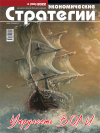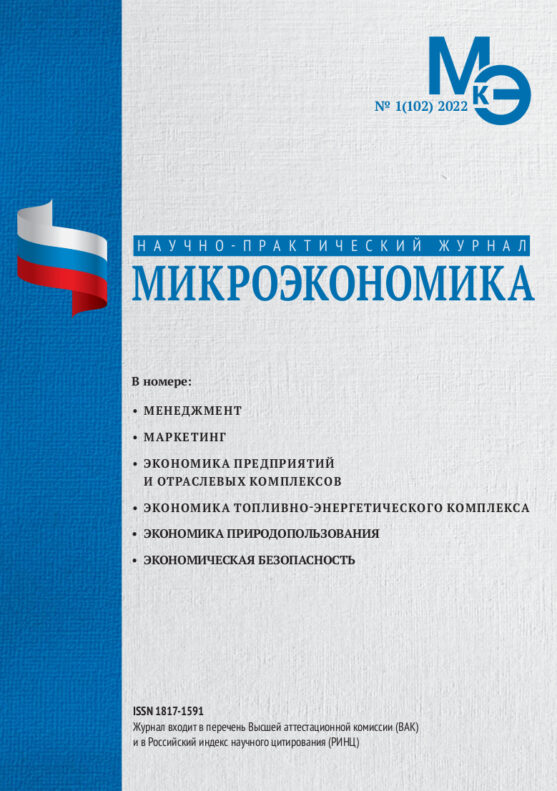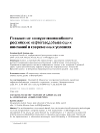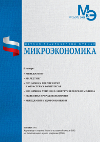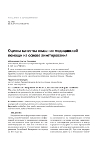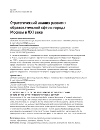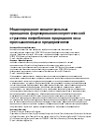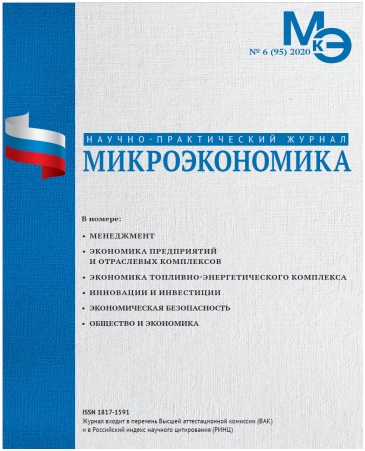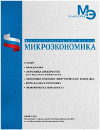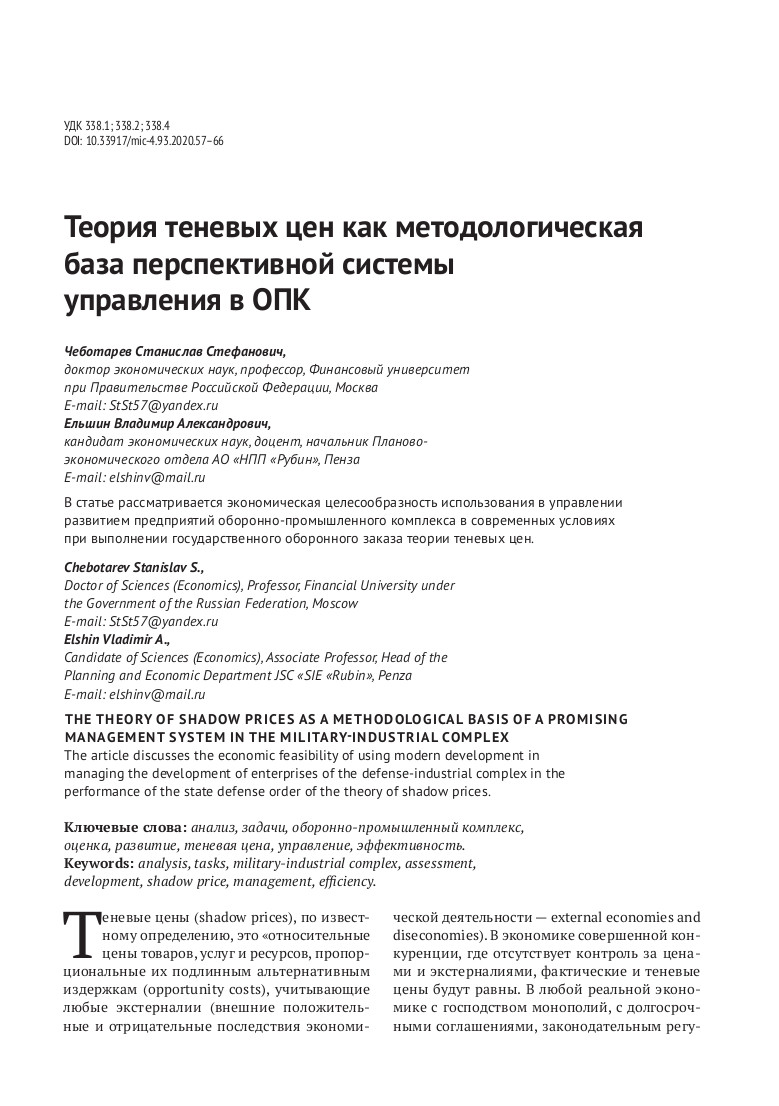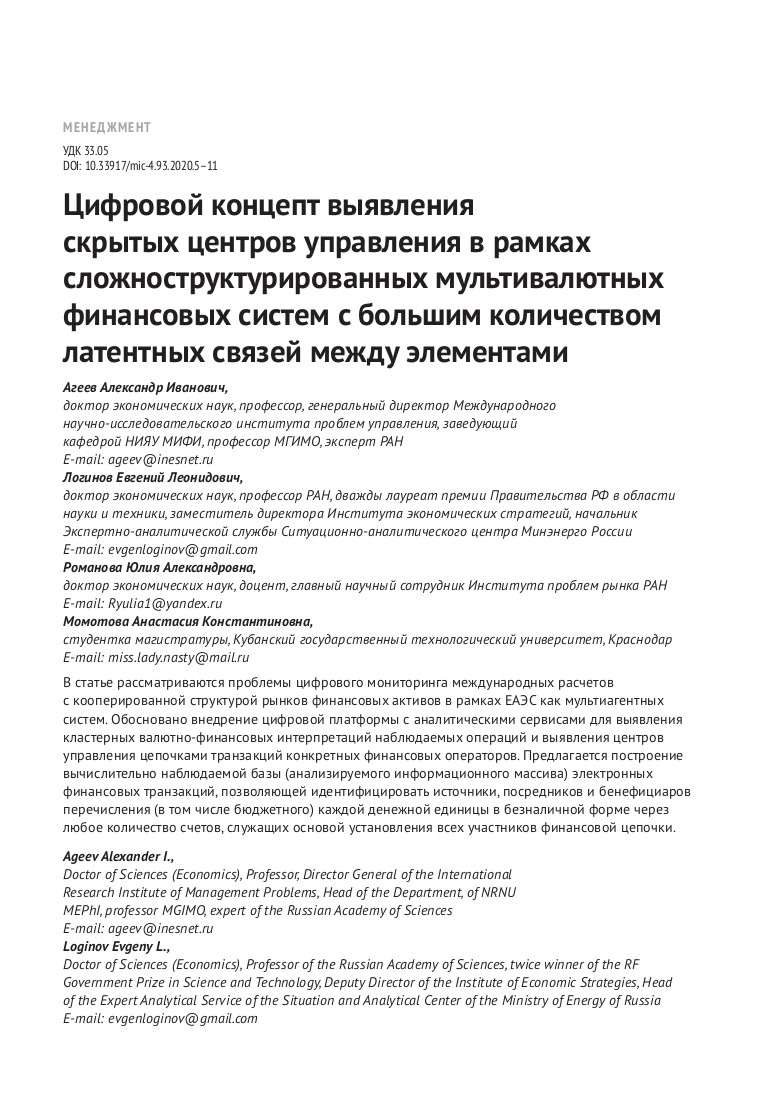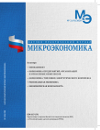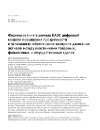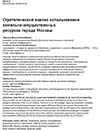Modeling the Consequences of a Nuclear Strike
DOI: https://doi.org/10.33917/es-4.184.2022.6-16
The risks of increasing international tension have sharply exacerbated the possibility of a nuclear conflict. The main geopolitical players in the international arena have actually recognized the possibility and even expediency of using nuclear weapons. In this context, the need to simulate the consequences of a nuclear strike in order to prepare for emergencies of a critical nature has become extremely urgent. The present article analyzes foreign experience of using digital simulators to this end. The authors outline Russian views on applying agent-based simulation methods for this purpose in the analysis of non-military (civilian) aspects of a nuclear blow effects.
Источники:
1. Grabchak E.P., Loginov E.L. Podgotovka sistemy gosudarstvennogo upravleniya Rossii k sverkhkriticheskim situatsiyam prirodnogo i tekhnogennogo kharaktera [Preparing the Public Administration System of Russia for Supercritical Situations of Natural and Man-made Nature]. Problemy upravleniya bezopasnost’yu slozhnykh sistem: Materialy XXIX Mezhdunarodnoi nauchno-prakticheskoi konferentsii. Moskva, 15 dekabrya 2021 g. [Problems of Safety Management of Complex Systems: Proceedings of the XXIX International Scientific-practical Conference. Moscow, December 15, 2021]. Moscow, Institut problem upravleniya im. V.A. Trapeznikova RAN, pp. 99–103.
2. Ageev A.I., Bochkarev O.I., Grabchak E.P., Loginov E.L. Setetsentricheskaya sistema povyshennoi zhivuchesti upravleniya energetikoi Rossii v slozhnoprognoziruemykh kriticheskikh usloviyakh [Net-Centric System of Elevated Survivability of Energy Management in Russia Under Difficult-to-predict Critical Conditions]. Ekonomicheskie strategii, 2021, vol. 23, no 3 (177), pp. 6–17, available at: DOI: https://doi.org/10.33917/es-3.177.2021.6-17.
3. Moiseev N.N., Aleksandrov V.V., Tarko A.M. Chelovek i biosfera: Opyt sistemnogo analiza i eksperimenty s modelyami [Man and the Biosphere: The Experience of System Analysis and Experiments with Models]. Moscow, Nauka, 1985, 271 p.
4. Yadernaya zima i ee komp’yuternoe modelirovanie v 80-kh [Nuclear Winter and Its Computer Simulation in the 80s]. Khabr, 2022, May, 28, available at: https://habr.com/ru/company/ruvds/blog/668256/
5. Turco R.P., Toon O.B., Ackerman T.P., Pollack J.B., Sagan C. Nuclear winter: Global consequences of multiple nuclear explosions, 1984.
6. Kokoshin A.A., Arbatov A.G., Vasil’ev A.A. Yadernoe oruzhie i strategicheskaya stabil’nost’ (stat’ya pervaya) [Nuclear Weapons and Strategic Stability (Article One)]. SShA: Ekonomika, politika, ideologiya, 1987, no 9, p. 3.
7. John M. Gates. The U.S. Army and Irregular Warfare. The College of Wooster Wooster, Ohio, available at: https://discover.wooster.edu/jgates/files/2011/11/fullbook.pdf.
8. Starr S. Deadly Climate Change From Nuclear War: A threat to human existence, available at: https://www.armscontrol.ru/pubs/en/deadly-climate-changefromnuclear-war.pdf.
9. Velikhov E., Kokoshin A. Yadernoe oruzhie i dilemmy mezhdunarodnoi bezopasnosti [Nuclear Weapons and International Security Dilemmas]. Mirovaya ekonomika i mezhdunarodnye otnosheniya, 1985, no 4, p. 20.


